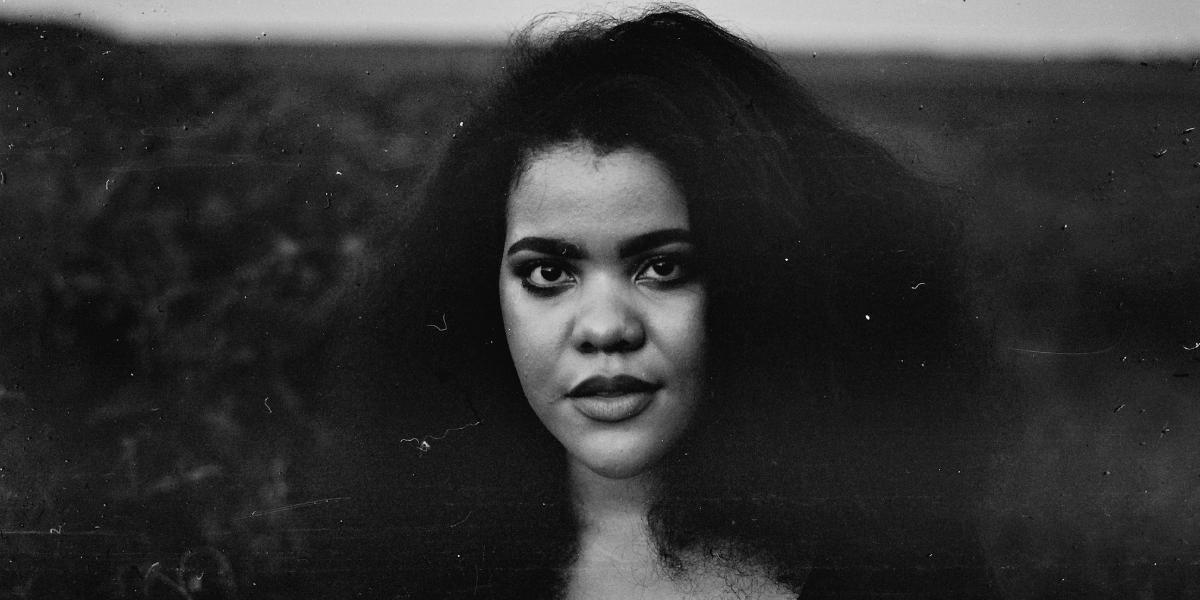Mixed Fragility & Colourism

The Mixed-Race Identity
In society, we often think about identity in a binary or mono-racial way which can leave mixed-race people struggling to find places where they feel they fit in.
Mixed-race people can have dissimilar experiences growing up and struggle between occupying two different sides of heritage at the same time or sometimes feeling left out of both black and white spaces. T
his unique upbringing can potentially lead to an increased sense of loneliness and lack of connection to your identities.
Being a part of a tiny minority can also lead to increased feelings of vulnerability, sometimes resulting in more pressure to adapt to the identity labels that those around you have assigned to you.
It can be frustrating when people are surprised at your heritage because you don’t look ‘enough’ like one of your races.
These misassumptions can undermine who you are and lead to an increased likelihood of struggling to take understand and be comfortable with your identity.
It’s important to choose how you want to define your own identity and not let others define it for you. Select whichever label that suits how you view yourself and the identity that you resonate most with.
Whether that’s identifying as black, a person of colour, multiracial, biracial, mixed-race, or choosing not to label yourself at all, what matters most is that you choose how you identify.
Colourism in black and mixed-race communities
Colourism is discrimination against dark-skinned people, which can occur from both within the community and outside.
It can involve lighter-skinned people being favoured or considered more beautiful and gaining more success due to the tone of their skin.
For example, you might have noticed comments about mixed-race babies being the most ‘beautiful’, or individuals of a darker-skinned tone experiencing more prejudice in society.
A prevalent issue is that mono-racial individuals have often dominated the debate about how different communities should identify, despite them not being a part of the mixed-race community.
For instance, a prominent example of this was the public debates, often led by people of mono-racial identities, discussing Megan Markle’s identity and her place in the UK’s royal family.
These debates reinforce that mixed-race people do not hold a strong place of belonging in society and that their community is not fully accepted.
The Black Lives Matter movement has demonstrated that certain spaces should be left to amplify black voices and their struggles, which includes mixed-race people becoming a supportive ally by uplifting their black peers and acknowledging their privilege within society.
Mixed-race and lighter-skinned black people have been granted a certain degree of privilege and these issues of colourism are especially heightened for women of colour.
In a society, where from a young age we are taught that whiteness is the epitome of beauty, western beauty standards can often damage the self-perception and confidence of women of colour. These double standards can understandably create frustrations amongst both mixed-race and black women.
How can you take pride in your mixed-race identity?
Despite the pain or hardships that your identity has led to, don’t let others diminish the pride you should have for your identity. These little steps can help you move towards accepting who you are as opposed to choosing to assimilate to those around you:
- Take ownership of your labels! Don’t let society label you or belittle your identity, you can define yourself on your own terms
- View your background as an opportunity to connect with two or more cultures, histories, and experiences. This mindset will help you acknowledge the beauty of appreciating both sides of your cultural heritages and view your identity as a blessing
- Accept that your different identities do not have to be in conflict of one another and you don’t have to choose only one! Instead, adopting the mindset that your identities can complement each other will allow you to increase your self-confidence
If you would like to learn more on Race & Mental Health download our Race & Mental Health Toolkit
